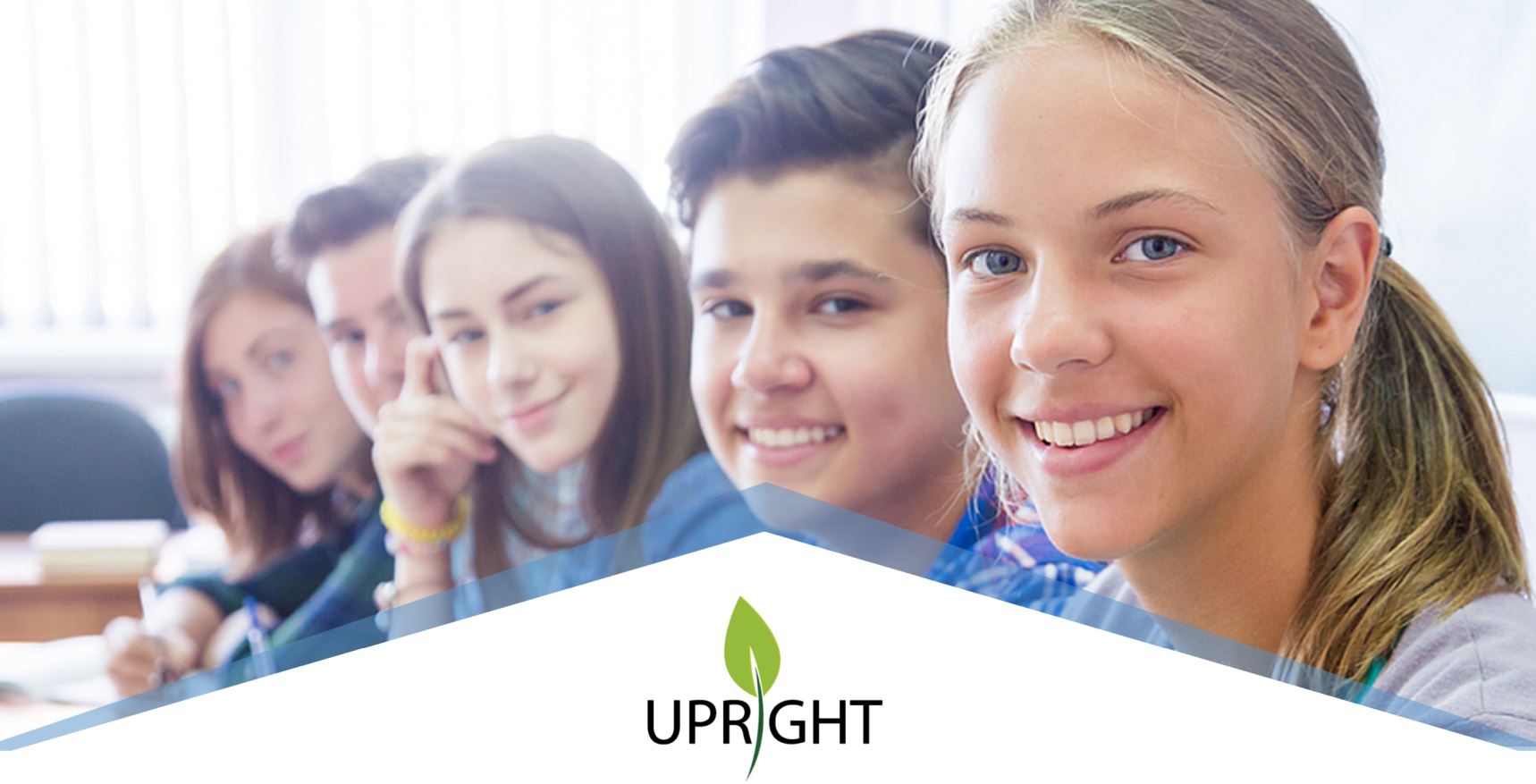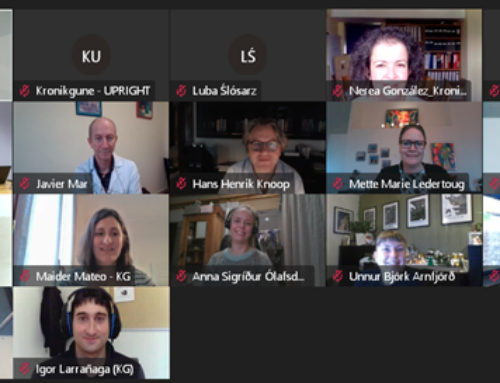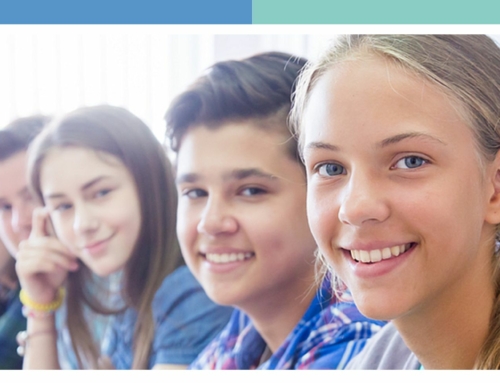The workshop “How can the UPRIGHT resilience-based programme help schools in the COVID-19 pandemic?” was held online on the 16th of March. The main focus was on the Coping and Mindfulness components of the UPRIGHT resilience-based programme for adolescents (in addition to are Efficacy and Social and Emotional Learning components which were introduced in our last workshop).
Lockdown, quarantines and general social distancing measures to cope with the COVID-19 pandemic have remarked the importance of learning resilience-based skills and schools are calling out for material on related matters for their students. Also as a result of the restrictions against COVID-19, the parental role has gain relevance and their involvement is crucial to help adolescents coping with this difficult situation.
EU response to COVID-19
Sara Brazys, Programme and policy officer at the European Commission, opened the workshop with a short introduction of the European Commission actions of the COVID-19 pandemic. Many actions have taken place during the last year, from the beginning, it was very clear that the virus knows no border, that a single country by itself cannot tackle the virus and, that research plays a key role in addressing the virus.
Five projects have received funding to measure the behavioural, social and economic impacts of the COVID-19 pandemic. One of them is the project RESPOND that focuses on the impact of COVID-19 on mental health. The first results of the project are now out and demonstrate that women, young people, health workers, individuals who experience loneliness and those with pre-existing mental health issues are particularly at risk of mental health difficulties in the context of the COVID-19 outbreak.
The commission is working closely with the industry to step up vaccine manufacturing capacity in the EU. Recently the commission launched the HERA incubator, a collaboration between scientists, industry and public authorities to focus on this new threat, the new variants of the virus.
UPRIGHT project
The UPRIGHT research project was presented by Carlota Las Hayas, principal investigator of UPRIGHT and member of the coordinator institution, Kronikgune. The implementation of the UPRIGHT intervention follows a holistic approach, targeting adolescents and their families, teachers, education centres and the community. The programme is expected to improve their resilience skills, mental well-being, prevent mental disorders, and create a culture of mental well-being in the adolescent environment.
Coping
The Coping component was presented by Urszula Andruszko from Daily Centre for Psychiatry and Speech Disorders, part of our Polish team. The coping component provides skills to successfully manage individual and interpersonal problems. The coping component in UPRIGHT consists of the learning of the following skills: cognitive behaviour modification, conflict resolution, assertiveness and communication strategies and mental health literacy.
Mindfulness
Bryndís Jóna Jónsdóttir from the University of Iceland, also a collaborator of the UPRIGHT project, presented the Mindfulness component. She started with a little practice on pausing for a moment with participants. Mindfulness is the awareness of the mind and body, thoughts and feelings and reactions. Knowing what you are experiencing or doing while it is happening!
Slides: UPRIGHT, Coping, Mindfulness
Conclusions
Participants were divided into 8 discussion groups according to their language preference. All groups had a fruitful discussion on the importance of the skills related to the Coping and Mindfulness components of UPRIGHT. The overall conclusion was that both Mindfulness and Coping learning is essential for students, not only in times of pandemic. Participants also stated that it is important to start at an early age to introduce these skills to kids at all levels, in kindergartens, elementary schools and high schools.
Teachers are aware of the importance of these skills but often lack educational material. They do also need more training and support. Teachers are also focused on good communication with the parents of their students. Parental involvement is important and we need to guarantee support to them also. Their role has changed and they are more involved in their children´s education than before. The UPRIGHT platform is a key to increase the involvement of parents, where they have access to the UPRIGHT material and exercises.
Cognitive behavioural modification was mentioned as a useful skill during the pandemic, as it can help us to focus on our thoughts, identifying the negatives, change the way we think and lead to less anxiety and difficult emotions during challenging times. Mindfulness was also considered very useful to handle anxiety caused by the COVID-19 pandemic since it is important to accept the current situation without judging it. Communication skills are also important and we need to be aware of proper communication, also on social media.
Mindfulness can be brought to other subjects in school. Now in times of restrictions, it is important for us to think outside the box, i.e. where students are allowed to meet outside they can do mindfulness walks and talks.
We need to keep on learning and finding out how we can increase the resilience and well-being among adolescents. There are both positive and negative impacts of the COVID-19 pandemic. Some things were better during the COVID-19 pandemic, i.e. some teachers felt that their students had been feeling better during the pandemic; more time spent with parents, shorter school days and fewer students together in a group. We need to think of what we have learned from this time and how we can take the positive factors forward.
We wholeheartedly, thank presenters for their great presentations, participants for their time and contribution, and the UPRIGHT consortium for their assistance in the preparation of the workshop. There are many things to look forward to with the UPRIGHT project, we are learning a lot and do believe that we will have a positive impact on the well-being of young people.






